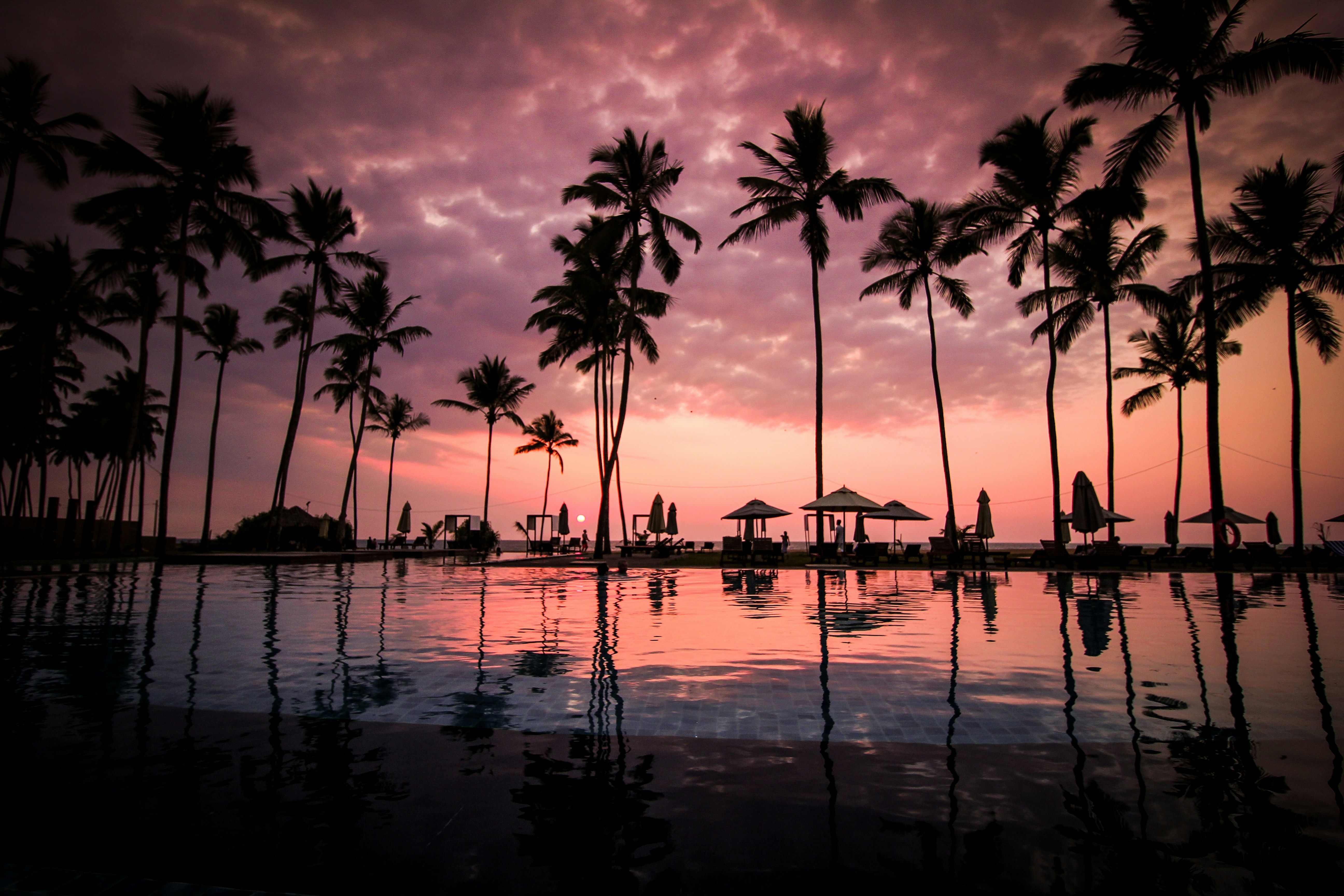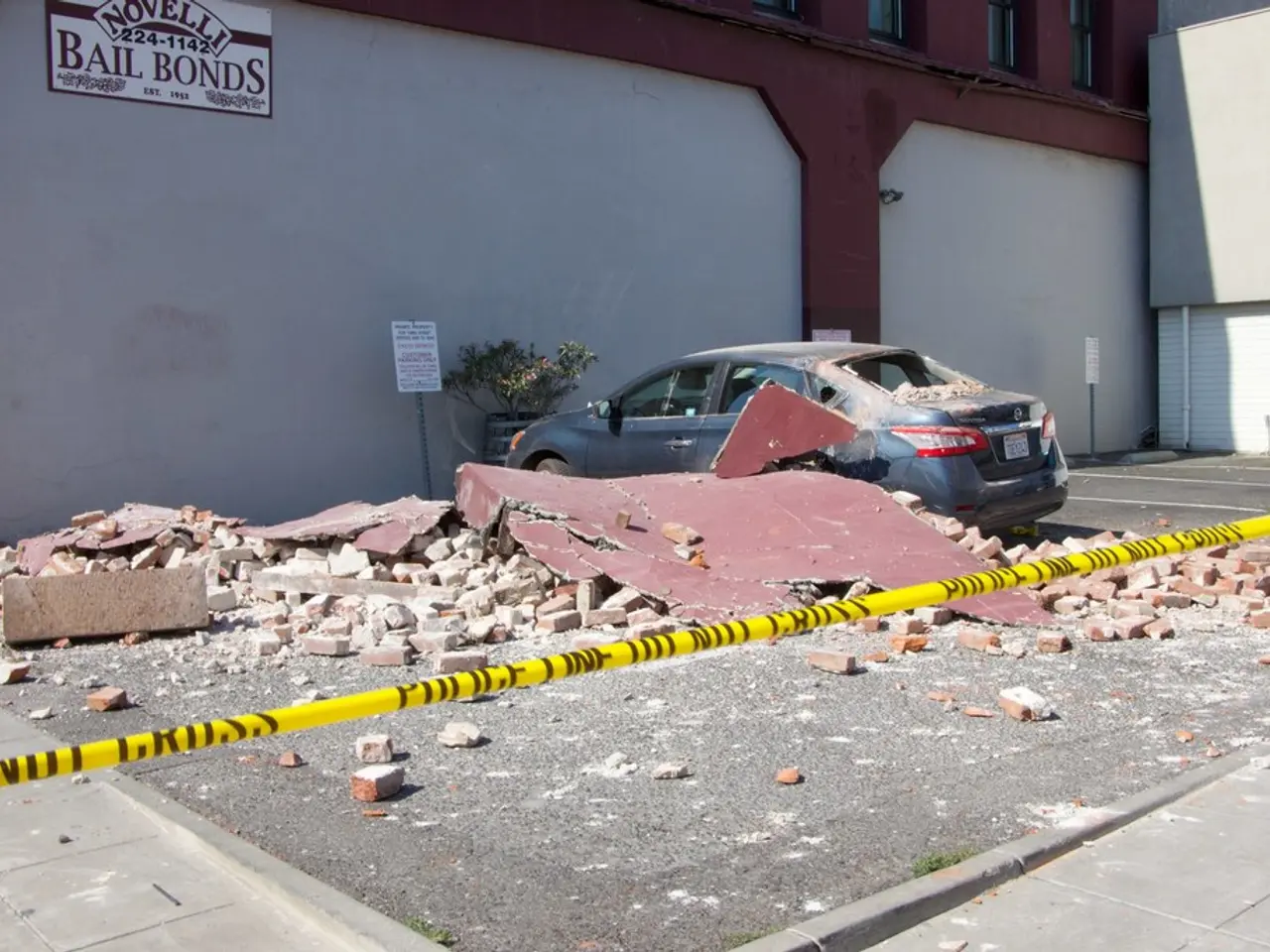Four Nations Cause Concern: EU Toughens Import Regulations for Specific Nations
Strengthened Import Regulations Imposed by EU Commission on Specific Countries
Facebook Twitter Whatsapp E-Mail Print Copy Link Initially, countries like Brazil and Indonesia were set to face stricter import regulations under an EU law against deforestation. However, these nations have temporarily escaped tougher rules. According to recent reports from Brussels, only four countries have been identified as posing a significant risk of deforestation: Russia, Belarus, North Korea, and Myanmar.
This classification stems from the EU regulation for deforestation-free supply chains. The law seeks to prohibit the sale of certain products whose cultivation areas were deforested after 2020, which includes not only coffee, palm oil, and soy but also cocoa, rubber, and beef. Companies are required to ensure compliance by using satellite-supported location data. The degree of vigilance and control should ideally increase with a country's risk of deforestation. The law provides for three categories: low, standard, or high risk.
As per Tuesday's reports, all EU countries will fall into the low-risk category. According to diplomatic reports, the EU members approved the Commission's classification in a closed-door vote on Monday. An official publication of the list is expected in mid-June. Meanwhile, the USA and China are also expected to be certified as low-risk countries. It's crucial to note that Russia, Belarus, North Korea, and Myanmar are the only nations currently designated as high risk. These countries are already subject to trade sanctions.
This high-risk classification entails enhanced scrutiny, including independent audits, satellite verification, and additional evidence gathering from suppliers. Companies dealing with commodities sourced from these high-risk countries are more likely to be audited by EU authorities, who are required to inspect at least 9% of operators sourcing from high-risk regions annually, as compared to lower rates for standard and low-risk areas.
In simpler terms, Belarus, North Korea, Myanmar, and Russia have been identified as countries with a significant risk of producing commodities that do not comply with the regulation, necessitating greater due diligence measures by companies sourcing from these regions.
Source: ntv.de, AFP
Additional Insights:
The EU uses a three-tier country benchmarking system to evaluate risk: low risk, standard risk, and high risk. This classification is primarily based on deforestation and forest degradation data, combined with other transparent, data-driven criteria. As of now, all other countries remain in the standard-risk category, with further risk assessments scheduled for completion by the end of June 2025. Companies dealing with commodities sourced from high-risk countries face the most intensive scrutiny, including annual audits and inspections by EU authorities.
[1] EU Deforestation Regulation
[2] European Commission's FAQ on the EU Deforestation Regulation
[3] Greenpeace Report on EU Deforestation Regulation
[4] EU Deforestation Regulation Implementation Overview
[5] EU Deforestation Regulation: Compliance Guidance for Businesses
- The EU's classification of high-risk countries for deforestation includes Belarus, North Korea, Myanmar, and Russia, signifying these nations are likely to have commodities that do not comply with the EU's deforestation-free supply chain regulation.
- In the context of policy and legislation, the EU employs a three-tier country benchmarking system to evaluate risk, with high-risk countries being subjected to comprehensive scrutiny, including annual audits and inspections by EU authorities, as compared to standard and low-risk regions.
- Companies involved in vocational training, particularly those sourcing commodities from high-risk countries as per the EU's deforestation regulation, should prioritize environmental-science and climate-change education to ensure compliance and reduce their carbon footprint. This aligns with ongoing discussions in politics and general news related to policy-and-legislation and deforestation.








